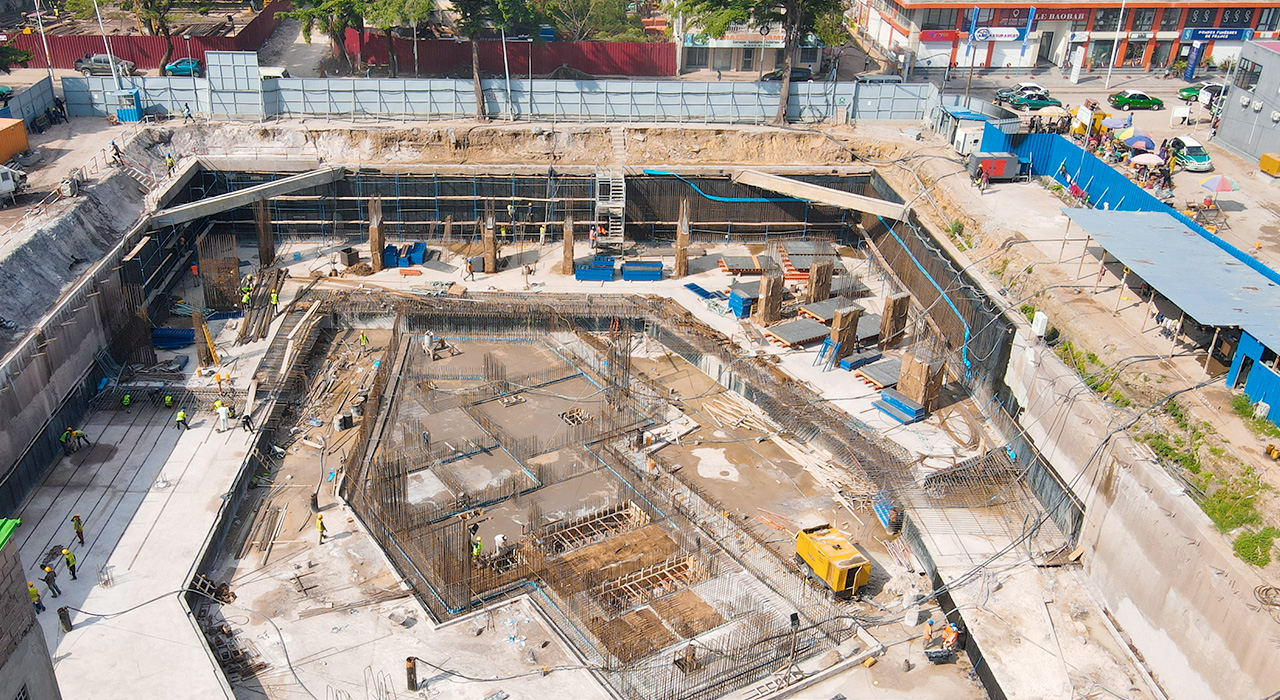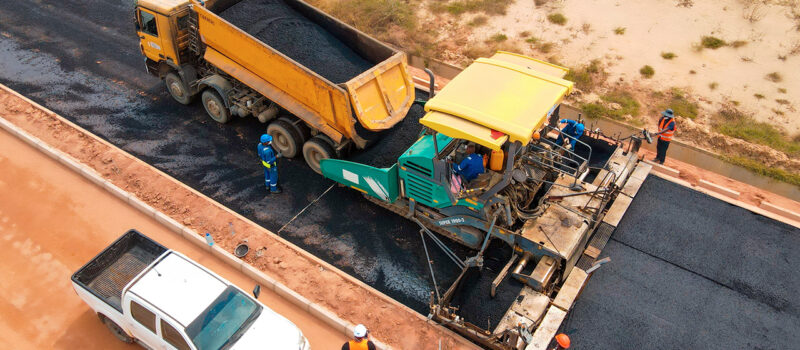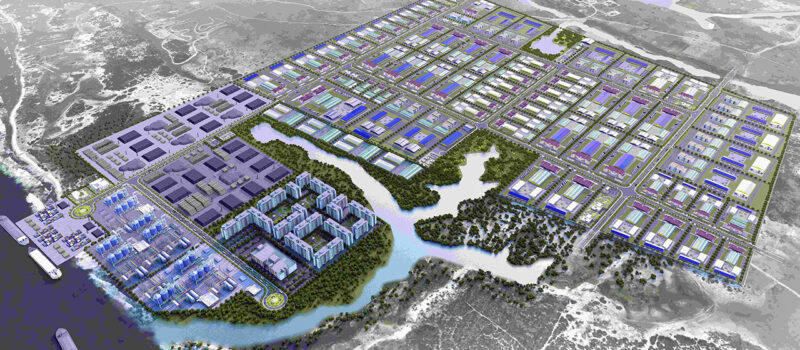
The Central African Banking Commission (COBAC) has included Manufacture Bâtiments et Travaux Publics (MBTP) on the exclusive list of prominent companies for the 2025 fiscal year. From the construction of the BSCA Bank headquarters in Oyo to this institutional recognition, it marks the trajectory of a Congolese operator who has become a strategic player in the CEMAC zone.
In the economic landscape of the CEMAC zone, some decisions go unnoticed by the general public but discreetly reshape the industrial hierarchy. On December 12, 2024, in Libreville, the Central African Banking Commission (COBAC) signed the decision establishing the list of companies ‘of prominent standing and national importance or whose weight in the economy is particularly high’ for the 2025 fiscal year. Of the forty companies selected in the six countries of the zone, eight are Congolese. Among them, only one represents the construction sector: Manufacture Bâtiments et Travaux Publics (MBTP).
This recognition places MBTP alongside giants such as the National Oil Company of Congo (SNPC), MTN Congo, TotalEnergies Marketing Congo, Grands Moulins du Phare, and Bralico. Beyond the symbolism, inclusion on this list confers a special status within the CEMAC zone’s banking system, facilitating access to financing and strengthening credibility with international investors — a decisive asset in a sector where the ability to mobilize resources determines the scale of achievable projects.
COBAC’s decision is not random. It validates a trajectory marked by strategic achievements, the most recent of which was inaugurated last May by President Denis Sassou N’Guesso: the new headquarters of the Sino-Congolese Bank for Africa (BSCA Bank) in Oyo. An infrastructure of 480 m² on a 3,000 m² plot, built as part of an emblematic partnership of Sino-Congolese cooperation.
The inauguration ceremony, which took place in the presence of Gu Shu, Chairman of the Board of Directors of BSCA Bank, Finance Minister Christian Yoka, Roger Rigobert Andely, Chairman of the Bank’s Board, and Mayor Gaston Yoka, confirmed the ability of a local operator to carry out banking infrastructure projects to international standards.
“The establishment of commercial banks in semi-urban or rural areas reflects the need to support an emerging economic dynamic characterized by the need for savings security and appropriate financing demand,” Christian Yoka stated during the event, emphasizing that “the choice of Oyo is not insignificant, as the city experiences real economic activity.”
The Oyo project precisely illustrates what COBAC’s recognition validates: the rise of national players capable of meeting the requirements of major international partnerships. BSCA Bank, 50% owned by the Agricultural Bank of China (sixth globally) and a result of cooperation between Presidents Xi Jinping and Denis Sassou N’Guesso, plans to increase its capital from 53 to 73 billion CFA francs by 2028.
“Infrastructure is not just a matter of concrete and steel; it is the foundation of sustainable development, the catalyst for local innovation, and the lever for an ambitious future for our economies,” Issa Attye, Deputy General Manager of MBTP and President of the Construction Federation within Unicongo, recently stated during an interview given on the sidelines of the Francophone Entrepreneurs Meeting (REF) 2025 in Brazzaville. “Our responsibility as construction players is to build not only for today, but especially for future generations, by integrating the challenges of sustainability, skills transfer, and territorial anchoring,” he emphasized.
In a Congolese economy seeking diversification beyond hydrocarbons, COBAC’s recognition of MBTP sends a strong signal: infrastructure is among the strategic sectors of economic transformation, and the players capable of realizing them now benefit from institutional recognition at the highest regional level.




